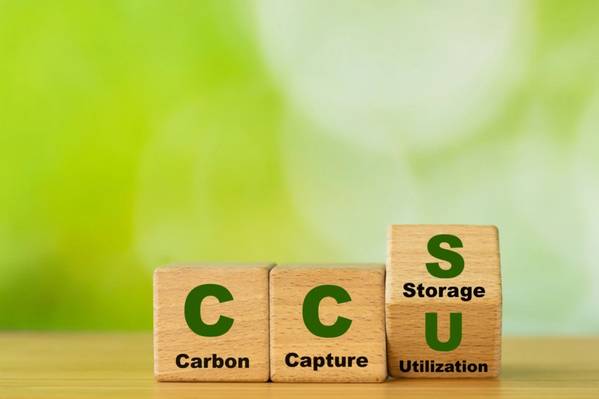
The United Kingdom has pledged to provide up to $28.4 billion (£21.7 billion) in funding for carbon capture and storage (CCS) and hydrogen technology and projects over 25 years, being developed in northern England, in an effort to curb CO2 emissions.
UK will be among the first to deploy the CCS technology at scale in Teesside and Merseyside, capturing CO2 emissions before they reach the atmosphere and storing them away safely, with the announced funding to be allocated between these two clusters.
The funding for two carbon capture sites will inject growth into the industrial heartlands of the North West and North East of England – directly creating 4,000 jobs and supporting 50,000 jobs in the long-term while powering up the rest of the country, according to the U.K. government.
The CCUS technology removes CO2 emissions before it reaches the atmosphere and stores it safely beneath the seabed – using tried and tested technology that has been deployed across the globe for over 20 years.
As part of the partnership with GB Energy and The Crown Estate, the progress on Track-1 comes as The Crown Estate awarded an Agreement for Lease to Eni to repurpose existing infrastructure to transport and store CO2, reducing cost and environmental impact as part of the HyNet cluster in Merseyside.
Oil and gas giants Equinor and BP are developing a project in Teesside, which aims to store the captured CO2 emissions in the North Sea.
“We’re reigniting our industrial heartlands by investing in the industry of the future.
“For the past 14 years, business has been second-guessing a dysfunctional government – which has set us back and caused an economic slump.
“Today’s announcement will give industry the certainty it needs – committing to 25 years of funding in this groundbreaking technology – to help deliver jobs, kickstart growth, and repair this country once and for all,” said Keir Starmer, U.K.’s Prime Minister.
“This will help decarbonize the country’s industrial heartlands and achieve its net zero ambitions whilst providing jobs and value creation.
“The UK will continue to be a key market for Equinor, building on our history of significant energy provision along its East Coast, which is transitioning from traditional oil and gas demand to renewables and low carbon options like CCS and hydrogen,” said Alex Grant, SVP and head of country, U.K. for Equinor.



